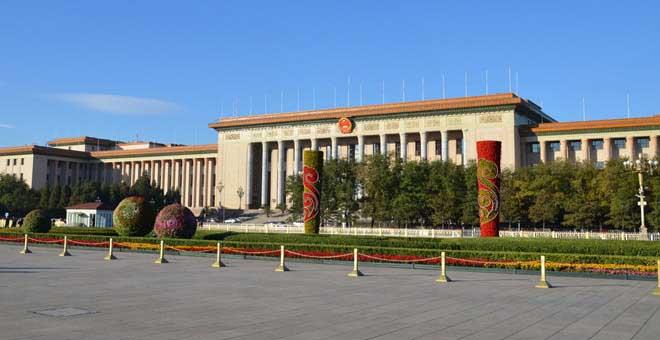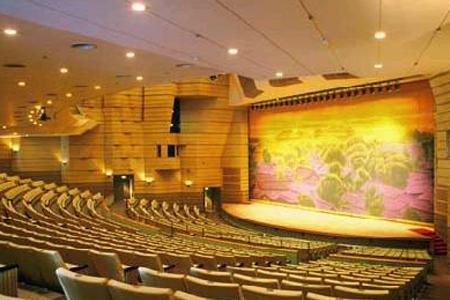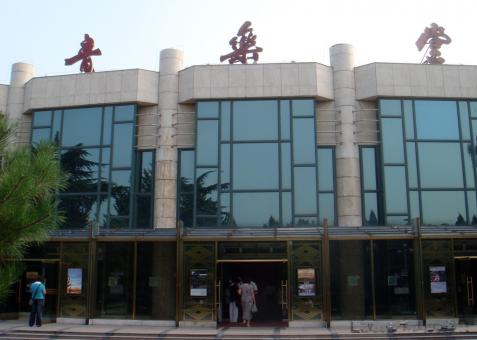武警男声合唱团 长江之歌 合唱简谱钢琴伴奏谱伴奏音乐
发布时间:2025-05-27 23:00:05 浏览量:4
武警男声合唱团长江之歌合唱简谱钢琴伴奏谱伴奏音乐
武警男声合唱团长江之歌合唱简谱钢琴伴奏谱伴奏音乐
武警男声合唱团长江之歌合唱简谱钢琴伴奏谱伴奏音乐
你从雪山走来,春潮是你的风采
你向东海奔去,惊涛是你的气概
你用甘甜的乳汁,哺育各族儿女
你用健美的臂膀,挽起高山大海
我们赞美长江,你是无穷的源泉
我们依恋长江,你有母亲的情怀
你从远古走来,巨浪荡涤着尘埃
你向未来奔去,涛声回荡在天外
你用纯洁的清流,灌溉花的国土
你用磅礴的力量,推动新的时代
我们赞美长江,你是无穷的源泉
我们依恋长江,你有母亲的情怀
歌曲意思
《长江之歌》是一首以长江为意象的颂歌,通过拟人化手法,将母亲河的壮丽与温柔融为一体。歌词以“雪山”与“东海”为空间坐标,勾勒出长江从源头到入海的磅礴气势,其中“春潮”“惊涛”既描绘自然伟力,又暗喻长江的生机与活力。第二段“甘甜的乳汁”“健美的臂膀”将长江比作母亲,强调其滋养华夏儿女、连接山海的包容与坚韧。下阕“远古走来”“未来奔去”则以时间为轴,展现长江承载的文明记忆与时代使命——“荡涤尘埃”象征历史涤荡,“推动时代”呼应改革开放初期的进取精神。全曲旋律激昂深情,采用男女声二部合唱形式,既歌颂长江的自然伟力,更讴歌其作为中华民族精神图腾的象征意义,成为凝聚民族认同的文化符号。
创作背景
歌曲诞生于1983年,为大型纪录片《话说长江》的主题曲。彼时中国改革开放初期,社会亟需文化自信与民族认同,纪录片以长江为线索,展现中国地理风貌与人文精神。词作者胡宏伟受邀创作歌词时,从“长江是中华民族的母亲河”出发,以“你从雪山走来”“你向未来奔去”的时空对话,构建出长江的史诗感。曲作者王世光则借鉴《黄河大合唱》的雄浑风格,采用C大调与4/4拍,使旋律兼具宽广与抒情性。1984年,该曲在央视春晚由季小琴首唱,迅速风靡全国,其“母亲情怀”的隐喻更被解读为对改革开放的礼赞。2019年,在庆祝新中国成立70周年文艺晚会上,该曲与《黄河颂》联袂演绎,彰显其作为“民族精神之歌”的永恒价值。
English Translation
Lyrics of "The Song of the Yangtze River"
You come from snowy mountains, spring tides your grace,
You rush to the East Sea, waves your bold embrace.
With sweet milk, you nurture all our people,
With strong arms, you embrace mountains and the sea.
We praise the Yangtze, source endless and free,
We cling to the Yangtze, a mother’s love we see.
You come from ancient times, waves washing away dust,
You surge to the future, roars echoing beyond.
With pure streams, you irrigate our land of flowers,
With mighty force, you propel a new era.
We praise the Yangtze, source endless and free,
We cling to the Yangtze, a mother’s love we see.
Context of Creation
Written in 1983 as the theme song for the documentary The Story of the Yangtze River, the song emerged amid China’s early reforms. Composer Hu Hongwei framed the river as a “mother,” blending natural grandeur with maternal tenderness, while Wang Shiguang’s C-major melody echoed the epic spirit of The Yellow River Cantata. Premiered at the 1984 CCTV Spring Festival Gala, it became a cultural emblem, its “motherly” metaphor later interpreted as a tribute to reform. In 2019, it was performed alongside Ode to the Yellow River at the 70th National Day gala, cementing its legacy as a hymn to national identity.





